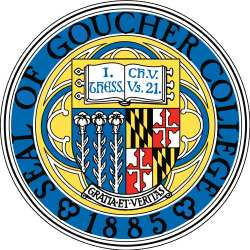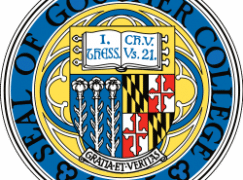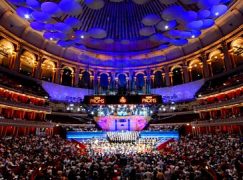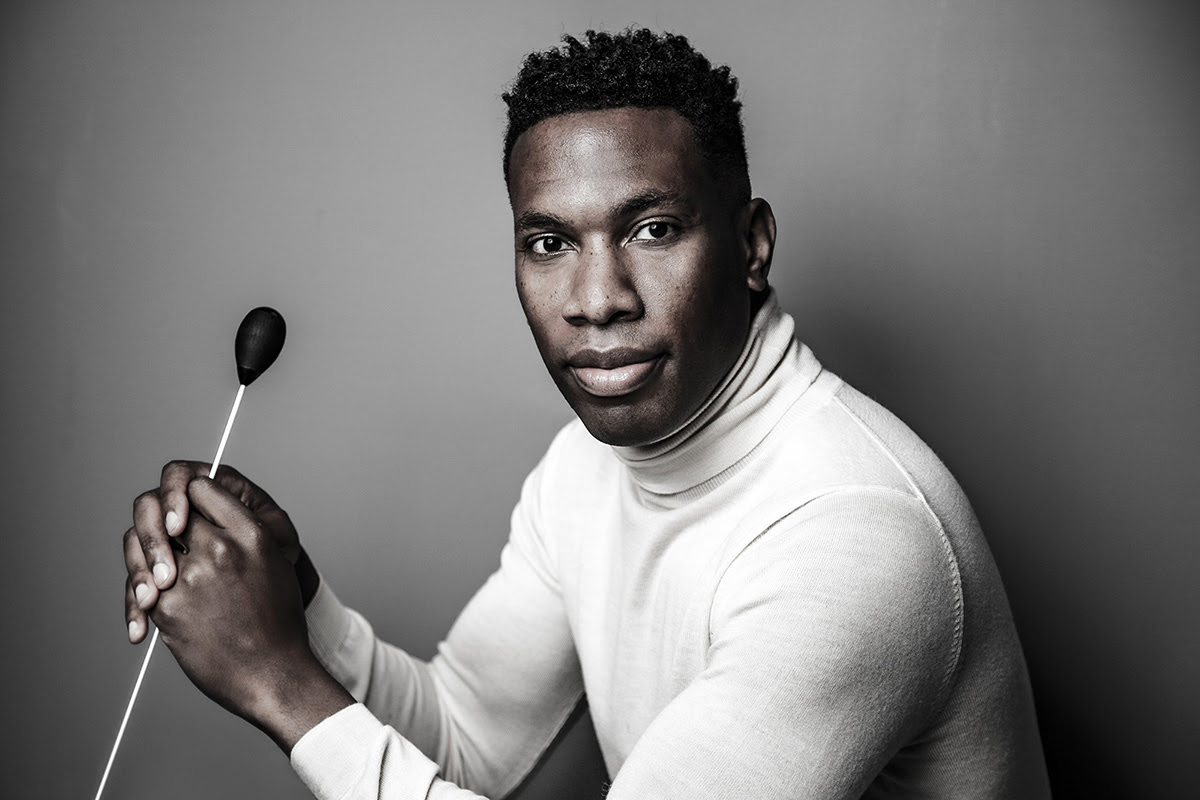College abolishes music and math majors
mainFrom the Baltimore Sun:
BALTIMORE — Math majors at Goucher College will soon be a thing of the past. Gone, too, will be physics majors, music majors and students in a range of subjects the school is eliminating from its offerings as part of a cost-cutting “academic revitalization” announced Wednesday.
“A small college can’t just keep adding majors,” President Jose Bowen said in a statement to the Baltimore Sun. “Sometimes we need to move resources from one to another and subtract too.”
The liberal arts school in Towson joins a growing number of institutions removing majors such as math and physics to save money. Seven Texas universities began eliminating their physics programs in 2010. The University of the District of Columbia cut 17 degree programs, including physics, five years ago….







I suppose they are empowering social “sciences” instead. Institutions abolishing math and physics majors to save money should be closed.
They are also phasing out religion, so it’s unlikely that they are doing this to focus on social sciences.
Problem is, the snowflakes are not enrolling in maths and physics in sufficient numbers to make keeping these departments open a viable option. Too hard. The snowflakes are abandoning anything that takes effort — and that certainly includes classical music. When 55% is adequate for an A level in England, results are skewed and those entering universities to do maths are often having to do remedial maths in their early years.
The snowflakes are going to create a world without dentistry. Or bridges.
Small liberal arts colleges are not significant. But this will soon be happening in real universities. And when a small liberal arts college — not where the best maths and physics students would go anyway — forsakes music, you know you have a real problem.
“snowflakes”
You demonstrate yourself to be a spectacular a$$h*le. Let us never meet in person.
Calling people snowflakes isn’t an argument. It’s just an easy way of insulting anyone who happens to have been born later than, say, 1990 or so.
So you say! The truth is a lot more hilarious. And real.
Absolutely brilliant!! You’ve nailed it. Come the revolution what’s to become of the Snowflakes – you know, the ones who were brought up to believe they were so special??!!! Leave Maths and difficult subjects to the smart people, if you please.
Great. There are way too many people graduating with music degrees in the US. The more schools slash music programs, the better.
The most important things we need to learn are seldom reflected in the job market. Would I discourage a talented 18-year old from majoring in the oboe? No. Can I guarantee a full-time job playing in an orchestra? No, but if that’s going to stop them from serious study, then they’re in the wrong profession anyway.
Should a serious aspiring music student enroll at Goucher College? No. They are just confirming this, and it is admirable of them.
Much as I hate to agree, Jackie is right.
Hundreds, if not thousands, of music students graduate yearly around the world.
The number of festivals, orchestras, and other performing opportunities is not growing – in fact it’s shrinking.
Honestly (and I write this as a musician), the world doesn’t need more musicians – it needs more teachers and doctors.
Well, Goucher College is also phasing out majors and minors in elementary and special education.
The ability to study these subjects is not being eliminated. The degrees that require math or physics are not being eliminated. One doesn’t need a music degree to be a successful musician – rather talent, opportunity and great mentors (none of which is assured by having a degree in music). Nor does one need a physics “degree” to become a rocket scientist. There are still plenty of places to “major” in whatever one desires — if that even matters.
Er…you pretty much do need to study Physics (or Maths) to be a “rocket scientist”.
Here’s a joke:
What’s the difference between a mathematician’s office and a contemporary composer’s office? The composer’s office has pencils and papers. The mathematician’s office has pencils, papers, and a waste basket.
ha ha ha
‘Test all things; hold fast what is good.’ (1 Thessalonians 5: 21)
Perhaps they have interpreted this verse, displayed on their coat of arms, somewhat too enthusiastically.
I’m a lifelong musician with two music degrees who has long thought that we have too many degree programs in music, at least in certain areas, like applied music where many fine players come out without a dream of ever finding employment. Music education degrees could still make a case in parts of the country where music in schools still flourishes. But musicology and a whole lot of boutique majors (boutique meaning not hundreds in a program) could probably be the domain of more prominent schools.
What isn’t addressed when schools drop their music majors is the loss of ensembles for talented non-music majors to play in. There are still many excellent musicians who are headed for careers outside of music.
I can’t comment on Maths since it isn’t an area that I study, work or even excelled in. But I see NOTHING wrong with a school that is not succeeding as a training ground for musicians abolishing a music major.
There are far too many schools offering music degrees to young people who will have no chance of succeeding in the professional business. Fortunately some are being well trained for music education or administration along the way, but even they should be gravitating to a school that has the dedicated resources for a serious study of music, not just a diploma for sale.
I think the important difference is that Music Majors really only train the student to be a musician (and they are probably better off playing low level gigs if that is what they want to do). But Maths trains people in important skills for a great many jobs, not just to be mathematicians. The skills learnt doing maths are used directly in these other jobs.
They may be getting rid of music and math, but let’s hope they keep Lesbian Dance Theory.
You’ve made my day with that comment!! And it’s so true. I’m sure you stole that line from Ben Shapiro, but I don’t care!!
What about White Studies? No, it’s not Ajax or Unilever….
People seem to be really focusing on the maths and physics aspect, but courses are actually being cut in a wide range of subjects: mathematics, physics, Russian, German, religion, Judaic studies, book studies, theater, music, studio art, and elementary and special education.
I assume they will also be changing their name to Gauche College? It doesn’t hurt anyone to have a music major, presuming they can at least get a master’s in something else. And the best musicians can come from any background. I went to a liberal arts college before attending the best conservatory program in the world.
And calling someone a snowflake is simply meaningless.
No, “Snowflakes” is really biting, meaningful and making people uncharacteristically self-aware.
A major point of information seems to be missing from this thread.
Liberal arts colleges are not vocational schools. They require students to complete majors as a way to make sure they have the experience of learning a great deal about a particular topic. Your major is not your vocation. Sure, maybe that sounds naively idealistic, but it’s less so than one might think: graduates will change areas several times during their careers.
At the liberal-arts college where I teach music, we want students to attain both breadth and depth in their studies, and the major is meant to promote breadth. At Goucher (according to the catalog) the purpose of general education courses is stated to be the formation of a cohesive community of inquiry among the students, while the purpose of majors is to “enable students to study one or more disciplines in depth.” I don’t know enough about Goucher’s situation to form an opinion about this move. But at my college, probably fewer than half of our handful of music majors expect to make their living in music, and very, very few of those are aiming for the most difficult-to-attain jobs such as orchestral performance. A lot of them go on to med school, academia in music or in other fields, primary or secondary education, journalism, business, arts administration, you name it. We aim to have a rigorous program that provides to students a range of high-level musical experiences both practical and intellectual.
In our last program review, no less than three alumni commented on how they thrived in law school thanks to the analytical skills they had developed in music courses. That’s not surprising: to study musical history, theory, and ethnography is to gather evidence about and analyze a subject (music) that, as we know, often seems to defy analysis. Majoring in music, therefore, is a great way to become a sophisticated intellectual.